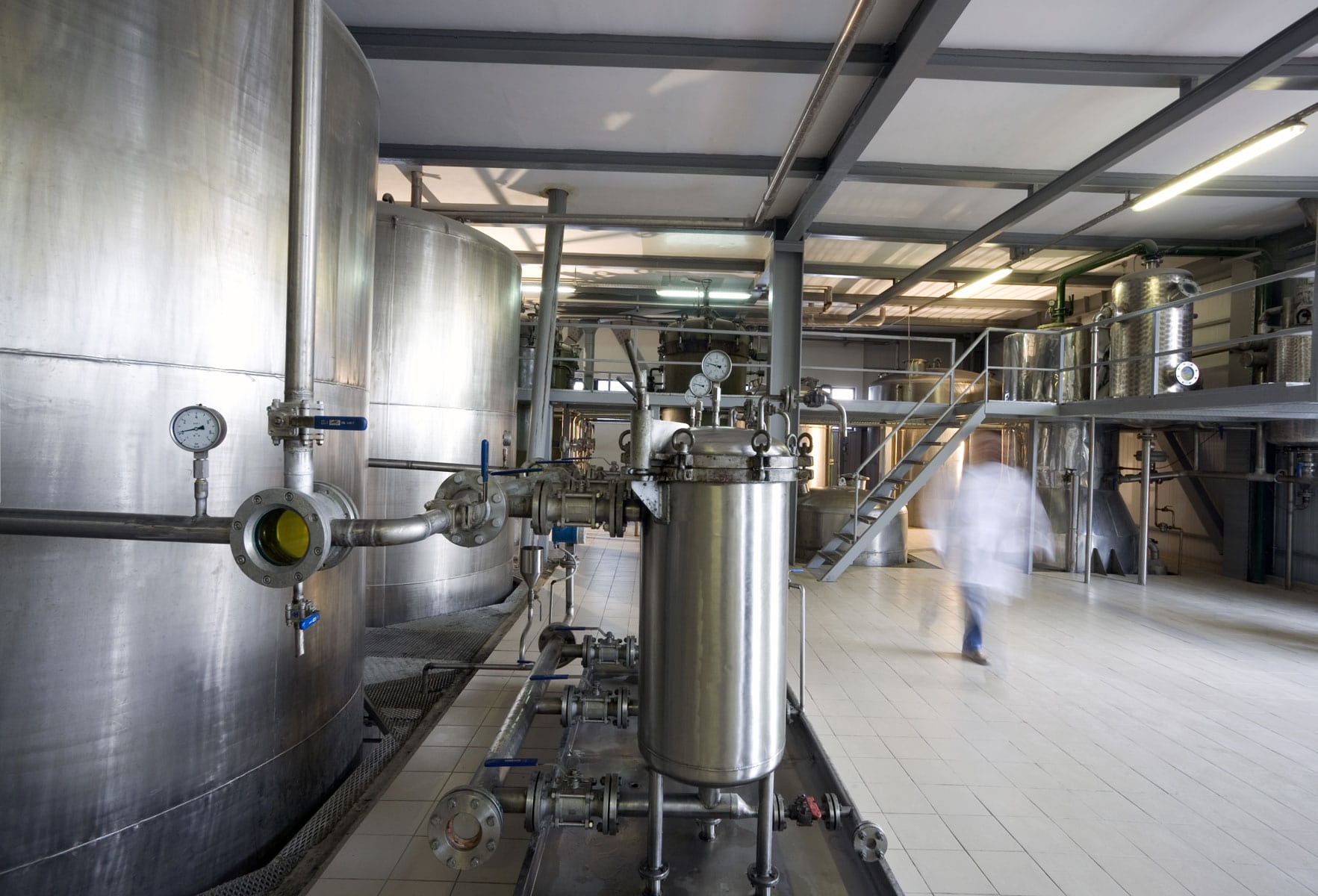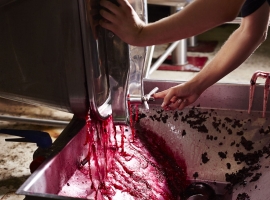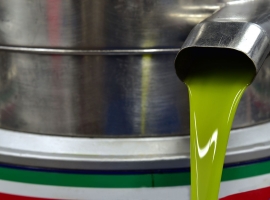Projects
Funding: Horizon Europe, Project ID: 10136583. HORIZON-CL6-2023-FARM2FORK-01-15
SecureFood adopts an integrated, systems-thinking approach that acknowledges and embraces the complexity of food systems,addressing them as an interconnected network of actors, elements, activities, processes, infrastructures, and essential services related to the production and delivery of food. Based on this approach, it brings together, as consortium partners, multiple actors of the food supply chain itself, such as producers, food and beverages industries retailers and consumers, but also actors supporting the functioning of the supply chain, such as bulk carriers and road transport carriers. The actors network also includes Ministries and entities operating under their auspices responsible for coordinating national resilience-building efforts. The ultimate goal is to address the aforementioned food security challenges, by creating an ecosystem of scientific knowledge, collaborative processes, and digital tools. This ecosystem will provide evidence-based indications on the risks and vulnerabilities of different value chains (grain,fruits and vegetables, fish and aquaculture products,milk and dairy products) in different geographic contexts, and will contribute in a structured manner to the safeguarding of food security before and during crises, and to the reinforcement of food systems resilience.The cornerstone of SecureFood will be a Food Systems Resilience Management Framework with interlinked resilience and sustainability orientations as well as a Resilience Governance Framework that draws on collaborative principles and adopts inclusive and participatory processes to ensure successful cooperation between experts and stakeholders.The SecureFood ecosystem will be developed, tested and demonstrated for different case studies, one of which addressing a currently ongoing food security crisis,i.e. Ukraine’s grain value chain that has been severely impacted by Russia’s invasion and the disruption in grain shipments that has pushed millions people into poverty or food insecurity.
Partners
- EUROPEAN DYNAMICS LUXEMBOURG SA – COORDINATOR (Luxemburg)
- ERGASTIRIA GALANAKIS E E (Greece)
- FUNDACION ZARAGOZA LOGISTICS CENTER (Spain)
- EMPRACTIS E.E. SYMVOULOI MICHANIKOI (Greece)
- DNV BUSINESS ASSURANCE ITALY SRL (Italy)
- IRIS TECHNOLOGY SOLUTIONS (Spain)
- LEIBNIZ-INSTITUT FUER AGRARENTWICKLUNG IN TRANSFORMATIONSOEKONOMIEN (IAMO) (Germany)
- RESEARCH UNIVERSITY INSTITUTE OF COMMUNICATION AND COMPUTER SYSTEMS (Greece)
- LAUREA UNIVERSITY OF APPLIED SCIENCES(991816077) (Finland)
- EXUS SOFTWARE MONOPROSOPI ETAIRIA PERIORISMENIS EVTHINIS (Greece)
- INNOV-ACTS LIMITED (Cyprus)
- CARR COMMUNICATIONS LIMITED (Ireland)
- COSMOSHIP MARITIME LIMITED (Cyprus)
- NATIONAL UNIVERSITY OF LIFE AND ENVIRONMENTAL SCIENCES OF UKRAINE (Ukraine)
- MINISTRY OF AGRARIAN POLICY AND FOOD OF UKRAINE (Ukraine)
- ALL-UKRAINIAN PUBLIC ORGANISATION UKRAINIAN AGRARIAN CONFEDERATION (Ukraine)
- ASSOCIATION UKRAINIAN AGRIBUSINESSCLUB (Ukraine)
- ELLINIKOS GEORGIKOS ORGANISMOS – DIMITRA (Greece)
- LUONNONVARAKESKUS – LUKE – NATURAL RESOURCES INSTITUTE FINLAND (Finland)
- ENOSI KATANALOTON POIOTITA TIS ZOIS (Greece)
- ROUSSAS ANONYMI ETAIREIA (Greece)
- SPREAD EUROPEAN SAFETY AND SUSTAINABILITY GEIE (Italy)
- BUILDING INTEGRATED GREENHOUSES – (Belgium)
- MC SHARED SERVICES SA (Portugal)
- ELAFINA ANONYMI ETAIREIA (Greece)
This project has received funding from the European Union’s Horizon Europe research & innovation programme under Grant Agreement No. 101136583.

RecDatFood
Fortification of foods with bioactive compounds from date fruit and its processing by-products (2022-today). Funding: Taif University, Saudi Arabia
The RecDatFood project aims at the valorization of date fruits and their processing by-products (seeds) for the recovery of high added-value compounds and their reutilization as additives in food products.
COVID-19 pandemic: food & environment (2020-2021). Funding: King Saud University, Saudi Arabia
Our team is investigating all aspects of SARS-CoV-2 and COVID-19 pandemic interconnection with the food sector, the food industry, and the environment.
A study for the implementation of olive mill waste-polyphenols in foods and cosmetics (2013-2015). Funding: Hellenic General Secretariat for Research and Technology (GSRT) within the action of “Strengthening employment of research staff in Enterprises”.
The recovery of antioxidants from industrial food waste and their re-utilization in the food chain and other natural products are emerging objects in the fields of environmental technology and food. The production of polyphenols from olive mill wastewater has been commercialized, whereas GALANAKIS LABORATORIES pioneer this direction by participating in the development of recovery methodologies and investigation of applications for the respective products.

Pre-Work Program for 10,000 unemployed young people aged 18-30 (2023)
Galanakis Laboratories are subsidized by the “Pre-employment Program for 10,000 unemployed young people aged 18-30”.





